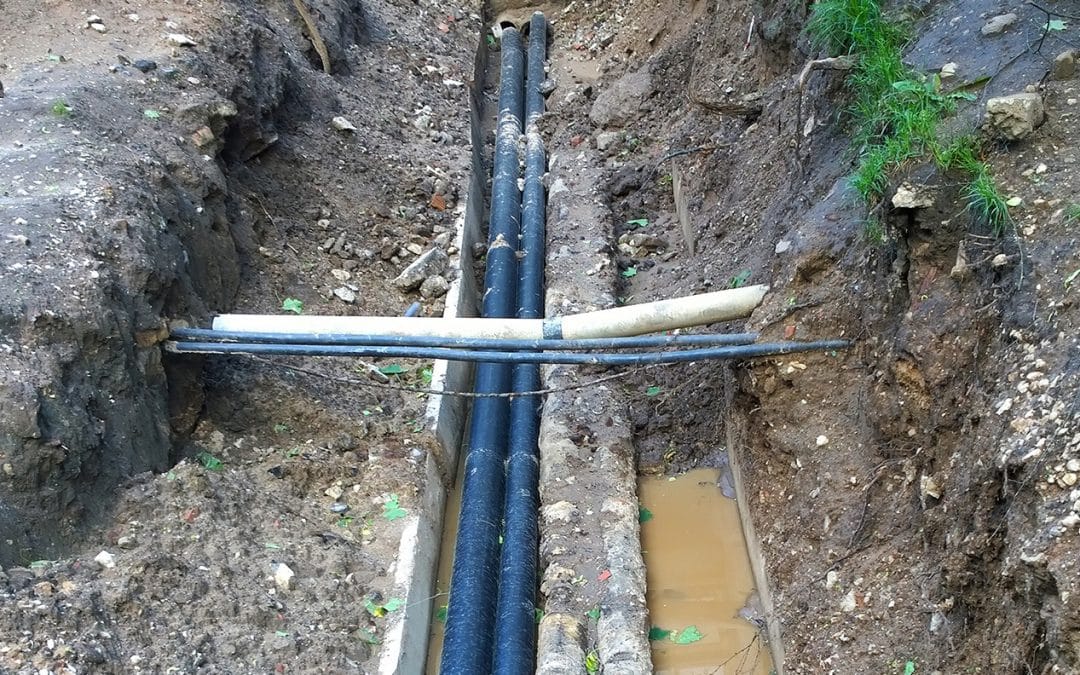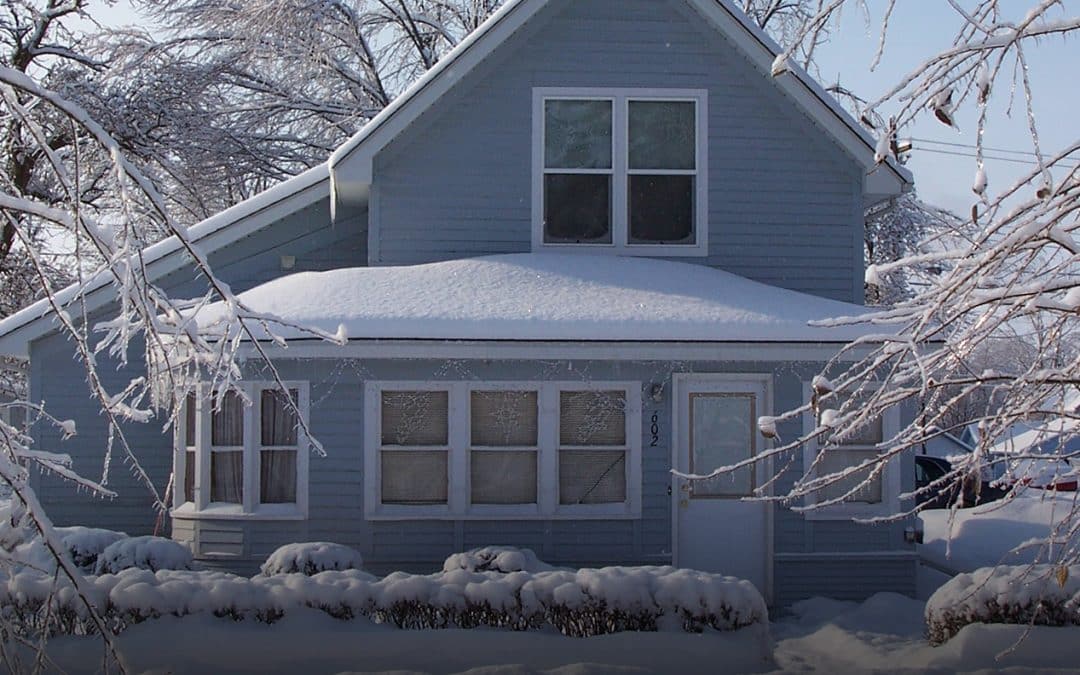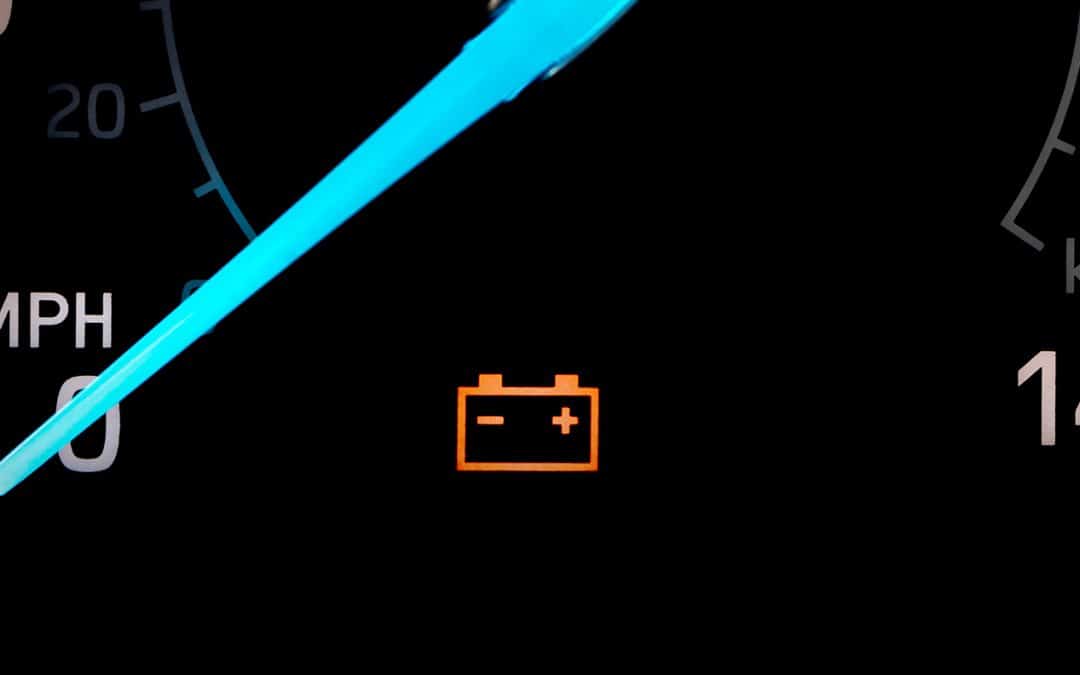Most people don’t give their windshield wipers a second thought…until they’re caught in a downpour on the highway. Windshield wipers seem simple, but they’re a huge part of your safety on the road and need regular maintenance like any other part of your vehicle. Read on to learn about how wiper blades work, when you should replace them, and how to keep them working well for longer.
What are wiper blades?
The wiper blade is a thin rubber strip connected to a metal arm that drags across your windshield to wipe water away. It’s held in place in six different spots to ensure even pressure across your entire windshield, leaving no water behind. When the blades wear down, rip or crack, the tight seal on the windshield is broken and can interfere with the effectiveness of your wipers and your vision.
How often should I replace my wiper blades?
You should replace your wiper blades roughly every 6-12 months. Whenever you notice your wipers aren’t working as well as they used to, that’s usually a good sign that it’s time to replace them.
What are the signs windshield wipers should be replaced?
If you notice they’re starting to get streaky or make weird sounds, that means the blades are no longer making full contact with the windshield and are probably worn down. If you suspect your wiper blades might be starting to wear, inspect them for visible rips or cracks in the rubber, a broken frame, or metal corrosion. Luckily, it’s pretty easy and inexpensive to get the blades replaced. You can get them replaced at virtually any auto shop, or replace them yourself if you’re car savvy.
How can I prevent having to replace windshield wipers?
You can also make sure you’re extending the life of your wiper blades by protecting them when not in use. Wiper blades can be damaged by direct sunlight, certain car waxes and oils, and outdoor debris such as sand, saltwater, or dust.
You can help prevent deterioration by washing your windshield regularly, and carefully wiping built-up dirt off the blade. Keeping your vehicle parked in a garage or a shady location to keep it out of sunlight, and keeping your wiper pulled away from your windshield during the winter months to prevent the buildup of debris.
With MAPFRE Insurance, you can protect your windshield with the Auto Glass Repair Program. To learn if you could be saving on your car insurance by switching to MAPFRE, get a free MA car insurance quote online now. If you live in another state, find an independent agent closest to you.



